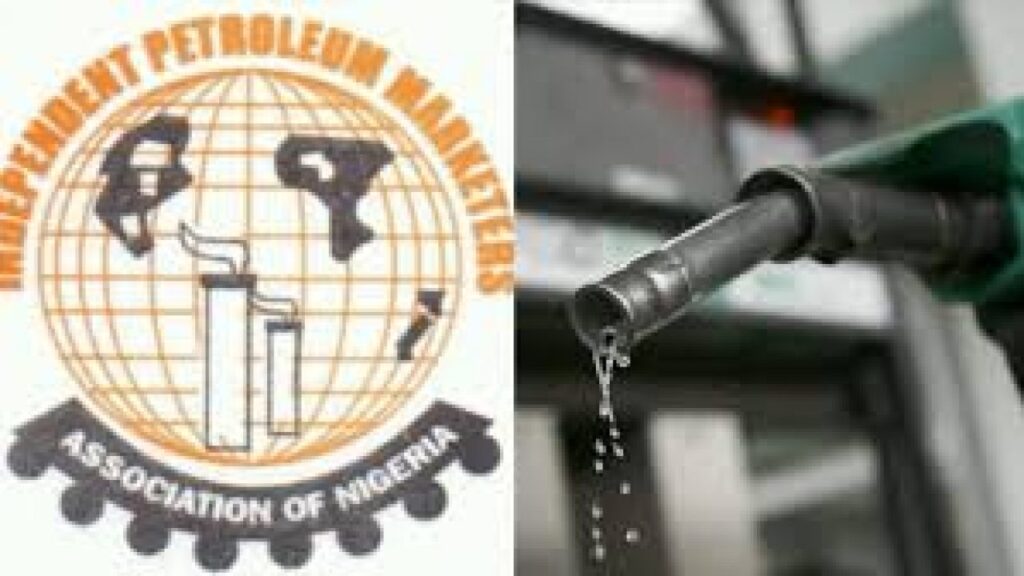The Independent Petroleum Marketers Association of Nigeria (IPMAN) has querried the rational behind the Nigerian National Petroleum Company Limited (NNPCL) projections that make the price of petrol lifted from the Dangote Refinery higher than imported ones.
IPMAN’s National Welfare Officer, John Kekeocha spoke on Channels Television’s, the Morning Brief breakfast programme.
“If NNPC can sell Dangote products higher than the imported products, then it doesn’t make sense.
“What is the celebration we are having all these while then?” he querried.
Recall that the NNPCL started loading the first batch of petrol from the Dangote Refinery on Sunday.
The NNPCL had stated that it got the petrol at N898 per litre from the private refinery.
Meanwhile NNPCL retail outlets in Lagos have been selling petrol for around N855 before lifting petrol from the Dangote Refinery on Sunday.
However, a litre of Dangote petrol now sell for N950 per litre in Lagos and N1,019 in Borno.
The association urged NNPCL to ensure the product is not sold at a higher price than imported fuel.
IPMAN argued that such a disparity would be counterproductive to the nation’s drive for energy self-sufficiency and could negatively impact consumers and marketers alike.
According to IPMAN the pricing strategy for locally refined petrol should reflect the advantages of domestic production, offering Nigerians a more affordable option.
The association emphasized that maintaining competitive pricing is crucial for the success of the Dangote Refinery and for fostering a sustainable fuel market in the country.


